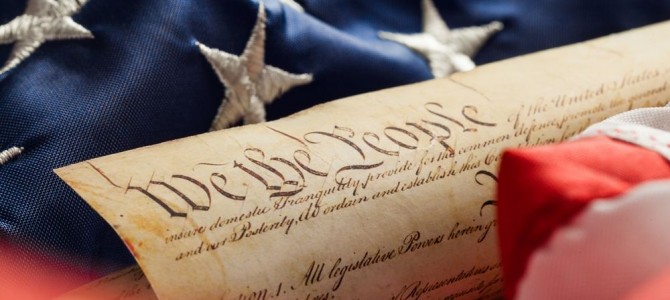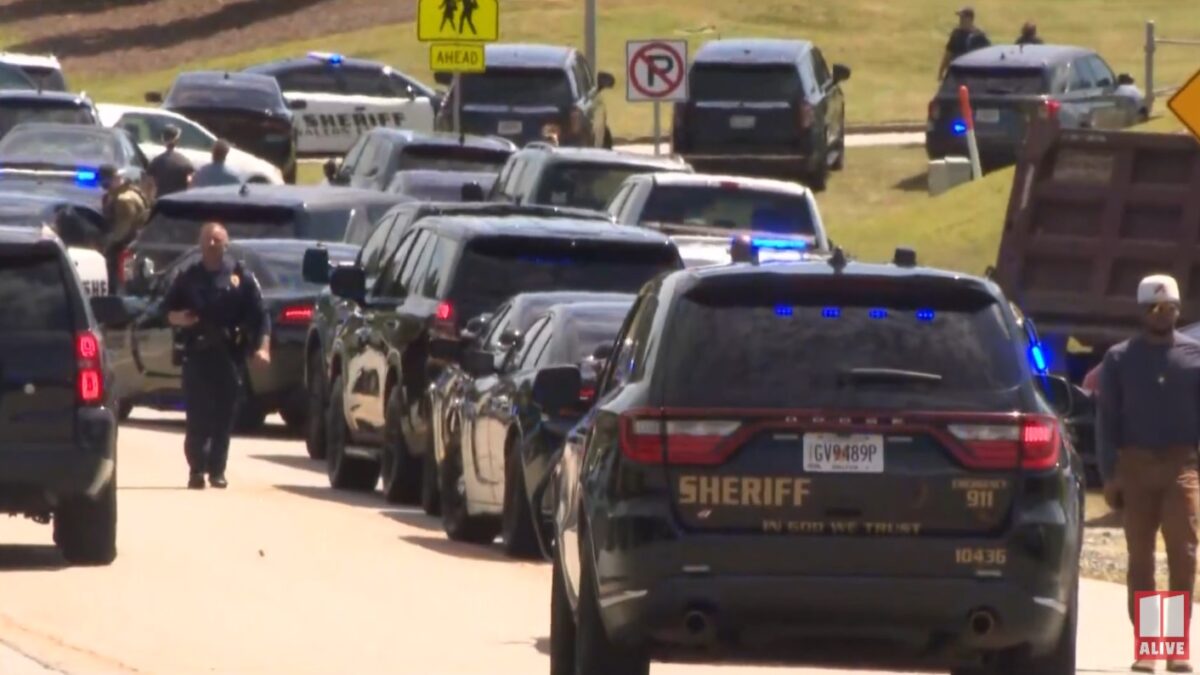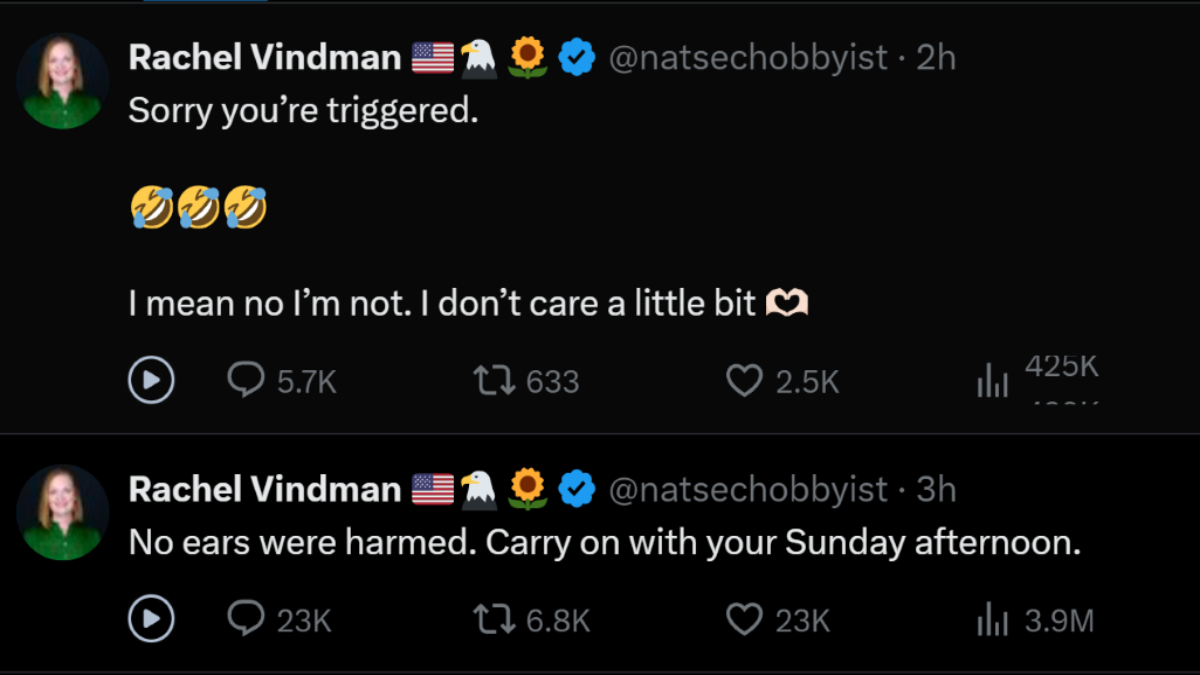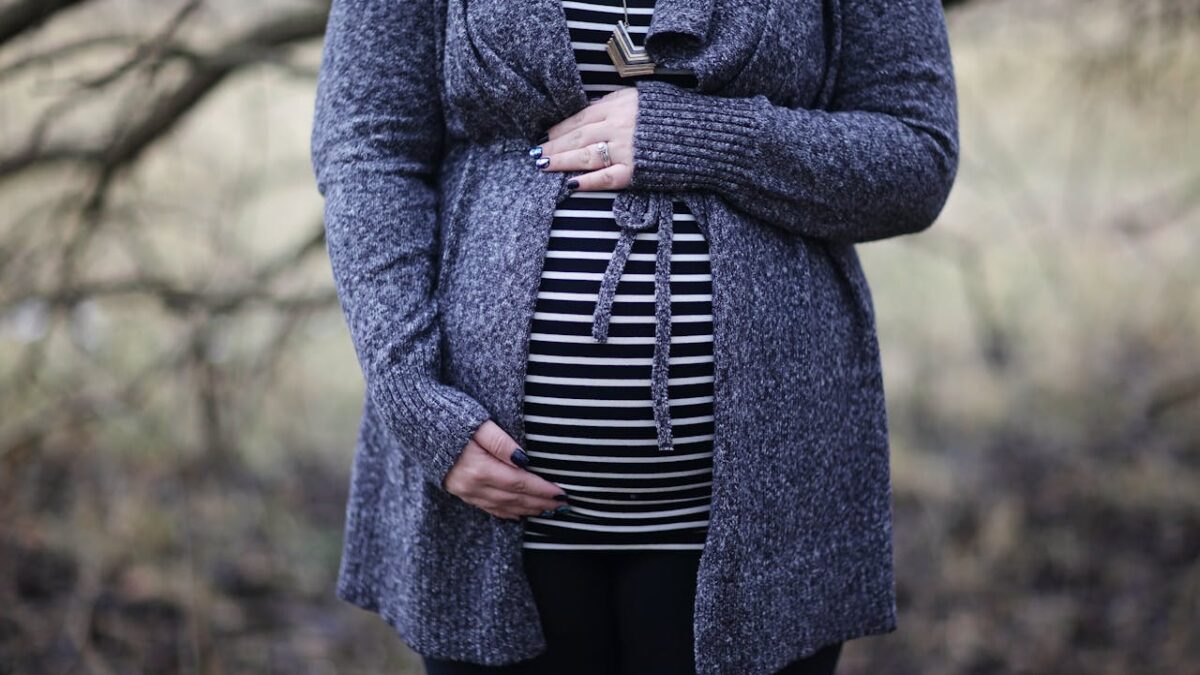
Gun owners in the U.S. who live along state lines are often only a few missteps away from years in prison. Consider the case of a Pennsylvania mother of two, Shaneen Allen, who was legally armed before she crossed a state line. One moment she was completely within the confines of the law, the next she was facing years in prison. If it weren’t for a media blitz that got the attention of New Jersey Governor Chris Christie, who pardoned her, she might have spent much longer in jail than the 48 days she did. This happens to countless otherwise law abiding people every year, and is the type of injustice the Concealed Carry Reciprocity Act of 2017 was written to address.
The act would result in concealed carry licenses being treated more like driver’s licenses, requiring all U.S. states to recognize carry permits granted by other states. The bill is praised by the NRA, who says it should “end abuses in anti-gun states like California, New York and New Jersey and allow law-abiding concealed carriers to exercise their rights nationwide with peace of mind.”
As with any attempt to liberalize gun law in America, the bill has been met with fierce opposition from the political left. Gun control advocates (mostly Democrats) have characterized it as an affront to state’s rights, which sounds ironically similar to the rejected arguments conservatives made about gay marriage. Groups like Moms Demand Action have claimed the bill “would effectively turn the weakest state’s laws into nationwide laws.”
Fortunately, and predictably, the reality is a bit different from what is projected by politicians.
Calling The Concealed Carry and Reciprocity Act an affront to state sovereignty would be a great argument prior to the Civil War, but a little thing called the 14th Amendment renders the argument moot. The 14th Amendment forbids states from abrogating the people’s constitutional rights. All the Concealed Carry and Reciprocity act would do is serve to prevent a state from punishing people for constitutionally-protected activity, in a manner much less severe than the Civil Rights Act of 1964.
If you believe preventing people from being punished for exercising a constitutionally-protected right is against a state’s right, you must, by extension, find the Civil Rights Act a violation of state’s rights. The Civil Rights Act was comparatively much more forceful with the states. It actually overrode discriminatory state laws, while the Concealed Carry and Reciprocity Act simply prevents states from punishing interstate travelers for doing something specifically protected by the Constitution.
The notion that the Constitution does not protect concealed carry is so countertextual as to beggar belief. People like Robyn Thomas, the executive director of Giffords Law Center to Prevent Gun Violence shame whatever law school fundamentally miseducated them when they claim that no right to carry a gun exists until the Supreme Court says it does. For such to be true would mean our rights came from the Supreme Court, which is completely incompatible with the concept that we are “endowed by [our] Creator with certain unalienable Rights.”
It is plain error to conceive of our rights as being something granted by either the Constitution or the courts. Our system is built on the foundation of natural rights that exist beyond any institution of man. The Constitution merely ties the government’s hands, clarifying that these rights are sacrosanct, enumerating some of the most important ones, including the right to keep and bear arms. Even construed narrowly, “keeping” and “bearing” something includes carrying it. Just as we do not need the Supreme Court to specifically adjudicate the right to wear a pink shirt, to stand on one leg, or to name one’s child “Gregory,” our right to bear arms exists before any court says so with specificity.
This bill does not seek to obviate all local laws on guns either. If passed, it would not prevent New Jersey from continuing to abuse the rights of their residents. It would, however, prohibit them from arbitrarily imprisoning someone like Shaneen Allen just for crossing over a border.
For example, inhabitants of Northern Virginia are, at many times, abutting Washington D.C. and Maryland, where their concealed weapon could result in a felony if they so much as take the wrong exit on their commute. How much sense does it make to turn someone into a felon who would be completely within the law before crossing the street?
Another thing to note is that the law isn’t called the “National Gunfighter’s Jamboree Act.” It would not enable people to run around shooting up our beloved progressive coastal cities. In fact, it would have no impact on the state laws concerning use of force in self defense. The only result is that the state would no longer have the ability to imprison people carrying as they always do. If they illegally use their weapon in any way, they can be punished. The result is not a horrifying national game of Call of Duty, but a less chaotic landscape for a responsible gun owner to keep themselves and their families safe from unlawful force.









